
As a chinchilla owner, understanding their sleep patterns is crucial for their health and wellbeing. This article will tell you everything you need to know about chinchilla sleep patterns and how to care for them as pets. We will also answer the question, “Are chinchillas nocturnal?”
What are chinchillas?

Chinchillas are small, furry rodents native to South America. They’re known for their soft, dense fur, adorable appearance, and playful personalities. They belong to the family Chinchillidae, which includes two species: the long-tailed chinchilla (Chinchilla lanigera) and the short-tailed chinchilla (Chinchilla chinchilla). They can weigh anywhere from 400g to 800g and are available in a wide variety of colours, including grey, beige, ebony, white, and violet.
Having a chinchilla as a pet is a long-term commitment, as they can live anywhere from 10 to 20 years. They are lively, inquisitive creatures who require lots of mental and physical stimulation to avoid boredom and stress. Because of their high intelligence, chinchillas can even be taught to perform simple tricks, but you will need to earn their trust first.
To read more about the chinchilla life span click here.
Chinchilla Sleep Patterns
Like other rodents, chinchillas have unique sleep patterns. They experience both REM and non-REM sleep and can sleep in short bursts throughout the day and night. On average, chinchillas sleep for around 12 hours per day, but this can vary depending on their age, environment, and activity level.
Compared to other animals, chinchillas require more sleep as they have high metabolic rates and need time to recharge. External factors like noise, light, temperature, and humidity can have an impact on their natural sleep patterns.

Are chinchillas considered a low maintenance pet? click here to find out.
Are chinchillas nocturnal?

The short answer is no; chinchillas are not strictly nocturnal. They’re crepuscular, meaning they’re most active during dusk and dawn. In the wild, chinchillas sleep during the day to avoid predators and are active during the cooler evenings and mornings to forage for food.
Research shows that chinchillas can adjust their sleep patterns depending on their environment. In captivity, they can adapt to their owners’ schedules and be more active during the day or night. However, it’s essential to provide a consistent routine to maintain their health and wellbeing.
What Does Crepuscular Mean?
The term “crepuscular” is used to describe animals, insects, or other creatures that are primarily active during the twilight hours, i.e., at dawn and dusk. These are the times when the sun is just below the horizon and there is very little light.
Crepuscular animals have adapted to these low-light conditions by developing enhanced senses such as vision, hearing, or smell. This behaviour is commonly observed in animals like bats, rabbits, skunks, deer, and many species of insects.
What is the Difference Between Crepuscular, Nocturnal, and Diurnal?
Crepuscular, nocturnal, and diurnal are all terms used to describe animal activity patterns during specific times of day. Here we will explain the differences between all three:
Crepuscular
Crepuscular animals, as mentioned above, are animals that are most active during the twilight hours. These animals are not overly active during the day as they prefer to use the low-light conditions to forage, hunt, or mate. Chinchillas are highly sensitive to heat, so they limit their activity to cooler periods of the day. Crepuscular animals include deer, rabbits, and skunks.
Nocturnal
Nocturnal animals are animals that are awake during the night and sleep during the day. These animals have adapted to life in the dark. Many nocturnal animals have larger eyes, which let in more light, allowing them to see better in low-light conditions. These animals also have enhanced senses, such as smell and hearing, which help them to hunt in the dark. Owls, bats, and raccoons are all nocturnal creatures.
Diurnal
Diurnal animals are animals that are most active during the day and have adapted their vision, movement, and hunting strategies to better function in the bright sunlight. Examples of diurnal animals include humans, lions, and squirrels.
Can chinchillas be kept in the bedroom?
While chinchillas can be kept in a bedroom, they do tend to make a lot of noise at night, which might disturb your sleep. If you are a light sleeper, you may want to consider keeping your chinchilla in another room. Here are some other factors to take into consideration:
Odour
Chinchillas are clean animals and do not produce a strong odour. However, their urine can have a strong scent, especially if their cage is not cleaned regularly. If you keep your chinchilla in your bedroom, it’s important to keep their cage clean and use appropriate bedding materials to minimise odours.
Allergies
Some people may be allergic to chinchilla fur or dander. If you have allergies, it’s important to consider this before keeping a chinchilla in your bedroom. You may want to spend time with a chinchilla before bringing one into your home, just to make sure you don’t have any allergic reactions.
Temperature and humidity
Chinchillas are extremely sensitive to high temperatures and humidity, which can lead to health problems. It’s important to keep their environment cool and dry, especially during the summer months. If your bedroom gets too warm or humid, it may not be the best place to keep a chinchilla.
Cage size and placement
Chinchillas need plenty of space to move around and exercise. If you keep your chinchilla in a cage in your bedroom, it’s important to ensure the cage is large enough and placed in a location that allows for adequate ventilation and airflow. Chinchillas prefer a quiet, dark, and cool place to sleep, away from direct sunlight and noise. You should also provide a sleeping box and multiple hideouts for added comfort.
Chinchilla habitat and natural behaviours
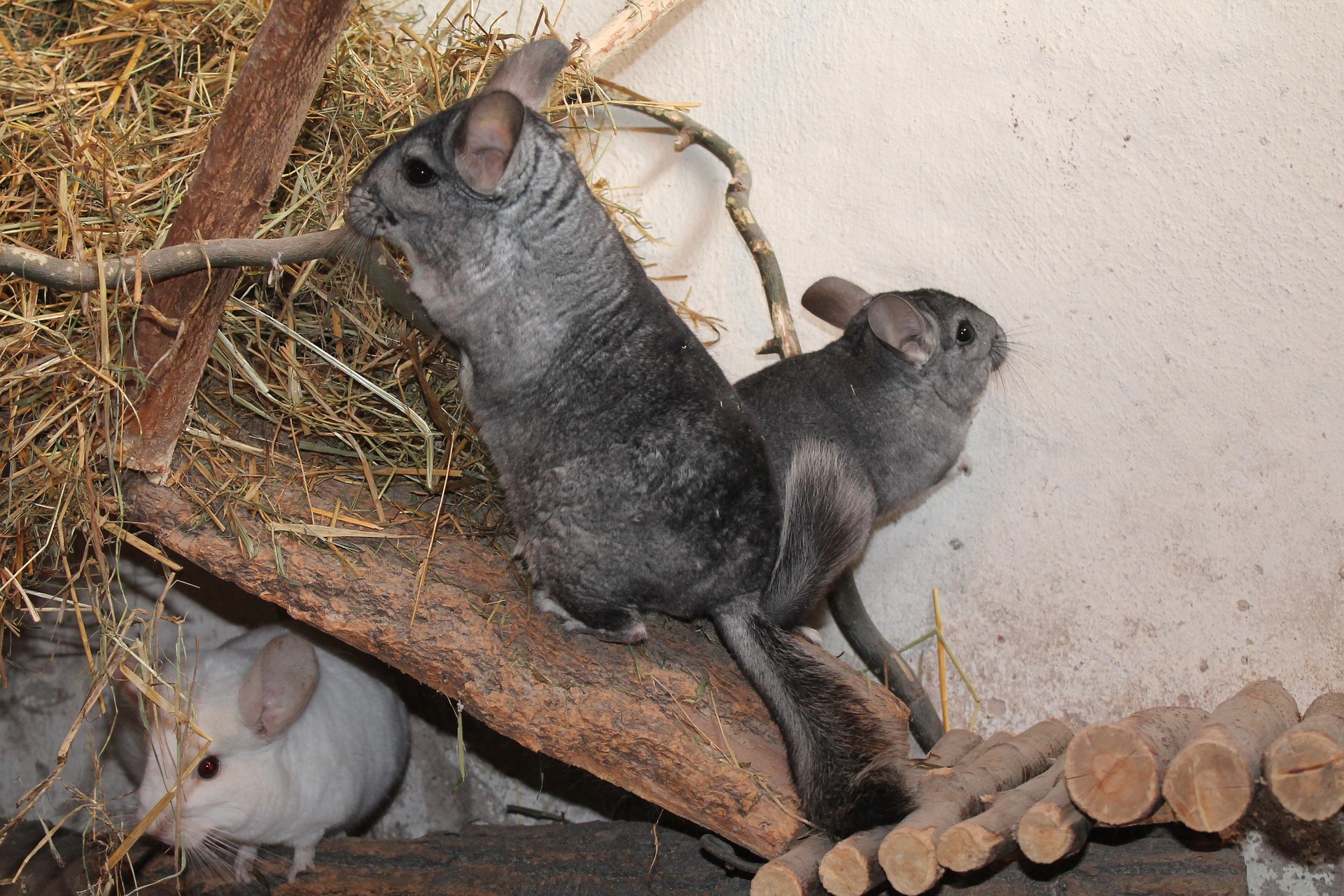
In the wild, chinchillas prefer rocky, dry environments like those found in the Andes of South America. In the wild, chinchillas are active at night and spend much of their time foraging for food, grooming, and playing. They are social animals and live in groups, although they can also be solitary.
In recent years, chinchillas have become popular as pets due to their cute appearance and friendly personalities. Chinchillas can make great pets; however, they do require specific care and attention to maintain their long-term health and wellbeing.
As a chinchilla owner, it is essential that you provide proper nutrition, exercise, and a suitable living environment, ideally one that mimics their natural habitat and allows them to engage in natural behaviours.
Here are some important factors to consider when designing a chinchilla habitat:
Cage size
Chinchillas need plenty of space to move around and exercise. The minimum recommended cage size for a single chinchilla is 90 cm wide, 60 cm high, and 45 cm deep, although larger is always better. If you have multiple chinchillas, you will need a larger cage or multiple cages that are connected.
Bedding
Chinchillas need bedding material that will help absorb urine and prevent odours. Avoid using paper or cardboard-based bedding, as these can be harmful to chinchillas. Instead, use materials such as kiln-dried pine, aspen shavings, or non-pill fleece liners.
Accessories
Chinchillas need plenty of toys and accessories to keep them entertained and engaged. Provide them with items such as apple or willow sticks, chew toys, wooden blocks, tunnels, and exercise wheels.
Diet
Captive-bred chinchillas are herbivores and require a diet that is high in fibre and low in sugar. Their diet should consist primarily of hay and chinchilla appropriate pellets; unlike rabbits, chinchillas do not eat nuts, seeds, vegetables, or fruits, and these should not form part of their diet.
Exercise
Chinchillas are active animals that need plenty of exercise to stay healthy and happy. You will need to provide them with a large exercise wheel and plenty of toys and climbing structures that will help keep them active.
Socialisation
Chinchillas are social animals that thrive in the company of other chinchillas. If possible, you should try to keep multiple chinchillas together to provide socialisation and companionship; however, this isn’t always possible, so you will need to be prepared to separate them into their own cages.
Be aware that male chinchillas will fight over females, even in separate cages. When a female chinchilla is in heat, they produce a pheromone, which the males can smell. So it is a good idea to keep them in a separate room.
Final thoughts
Chinchillas are not strictly nocturnal but are most active at dusk and dawn. External factors like temperature, light, and noise can have an impact on their sleep patterns. As a chinchilla owner, it’s essential to observe their sleep patterns, provide a comfortable sleeping environment, and maintain a consistent routine to promote healthy sleep patterns. By understanding their sleep patterns, you can ensure your chinchilla is healthy and happy for many years to come.
You Might Also Like
Do Chinchillas Prefer To Be Alone Or In Pairs?
Chinchillas are adorable, soft, and fluffy animals that make great pets. This article will help you decide whether to keep one or more.
Chinchilla Life Span
Chinchillas are rodents that are often kept as pets. The average lifespan of a domesticated chinchilla is 10 to 15 years, and up to 20 years.
How Much Does It Cost To Own A Chinchilla Per Year?
If you are considering getting a chinchilla, you may be wondering how much does it cost to own a chinchilla per year?
Are Chinchillas Considered A Low Maintenance Pet?
Many people might be thinking about getting a chinchilla and wondering if they are a low-maintenance pet; here we discuss if they are.

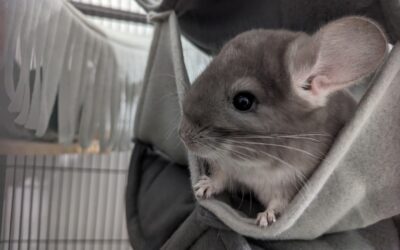
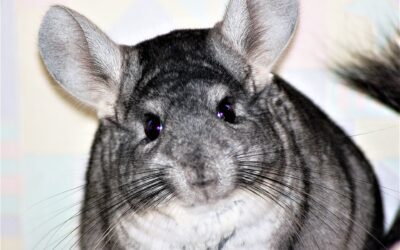
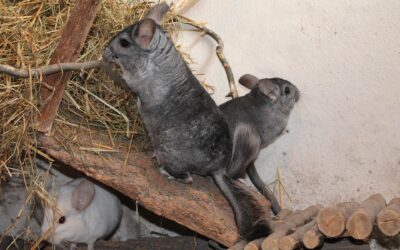
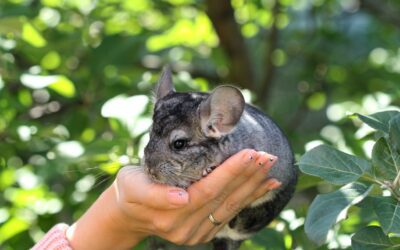

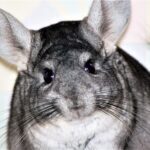



Recent Comments